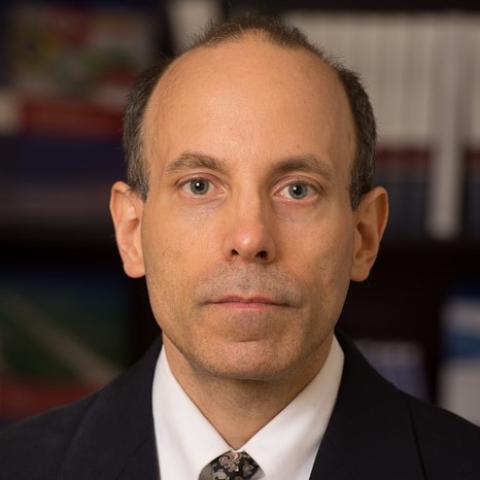Initial tallies suggest that incumbent Hamid Karzai and former foreign minister Abdullah Abdullah are in a tight race in Afghanistan's presidential election.
At this very early point in the ballot-counting process, no candidate appeared close to gathering more than 50 percent of the vote. If that remains the case, a run-off round of voting will be necessary. In all, there were over 6,000 polling stations open for the August 20 presidential voting, meaning the preliminary results may be weeks away.
The early results represent such a small percentage of the overall vote that they cannot be used to project the final tally with any accuracy. But that hasn't stopped both Karzai and Abdullah from proclaiming victory. On August 21, Richard Holbrooke, the Obama administration's special representative for Afghanistan and Pakistan, called for restraint, saying time and patience were needed for the ballot-counting process to function smoothly. "We always knew it would be a disputed election," Holbrooke said during a news conference in Kabul.
At an August 12 panel, sponsored by the Center for American Progress in Washington, DC, Holbrooke emphasized that the election's outcome was likely to be ambiguous and open to conflicting interpretations. He also said that this election was essential for giving the Afghan government legitimacy. Unlike the Afghan presidential ballot five years ago, Afghan officials are administering the elections on this occasion, with the international community providing security, as well as some election observers.
"Many issues that we would like to focus on—anti-corruption; a national reintegration amnesty program; improving the governance at the sub-central level . . . we're working on them. But until the election legitimizes the government, whoever wins, we have had to focus on that," Holbrooke stated.
When asked to shed some light on the administration's long-awaited metrics for evaluating the reconstruction process, Holbrooke would only volunteer that, "I would say this about defining success in Afghanistan and Pakistan: . . . We'll know it when we see it."
Many of the Afghan presidential contenders, or their supporters, are likely to dispute the results. "There'll be disputes, as there are in American elections," Holbrooke observed, reminding the Washington crowd that Minnesota only confirmed the November election of its new Democratic senator, Al Franken, a few weeks ago. He anticipated it could take weeks before the estimated 15 million ballots could be counted. Electoral challenges could extend the timeline much further.
When asked who would assess the legitimacy of the elections, Holbrooke replied that "it ends up being the media. . . . The truth is that all of what happens in any distant place is in the end reduced to the simple headlines of media." Citing the cases of Iran, Kenya, and Zimbabwe, "No one knows what actually happened there. What we know is what you think you know, thanks to the media," Holbrooke added.
In addressing the issue of when US operations in Afghanistan would end, Holbrooke insisted that the "the military part of this struggle with American troops is not an open-ended event, but our civilian assistance is going to continue for a long time."
At the Washington, DC, event, senior Holbrooke adviser Barnett Rubin opined that, "I don't think it's accurate to say that we are committed to waging a war in Afghanistan until Afghanistan is a perfect democracy."
Although Holbrooke declined to offer a specific timeline for withdrawal, he acknowledged that his diplomatic team was already feeling pressure from "the American public and the Congress, which legitimately wants to see progress."
"I am not here today to tell you we're winning or we're losing," he added. "We're here to tell you that we're in this fight in a different way with a determination to succeed under direct personal supervision of the president, secretary of state, and the rest of the cabinet."



















